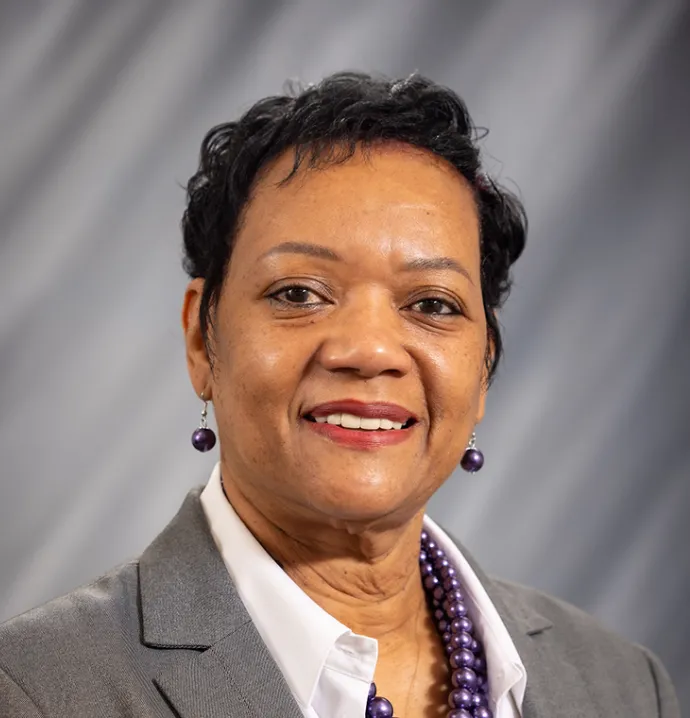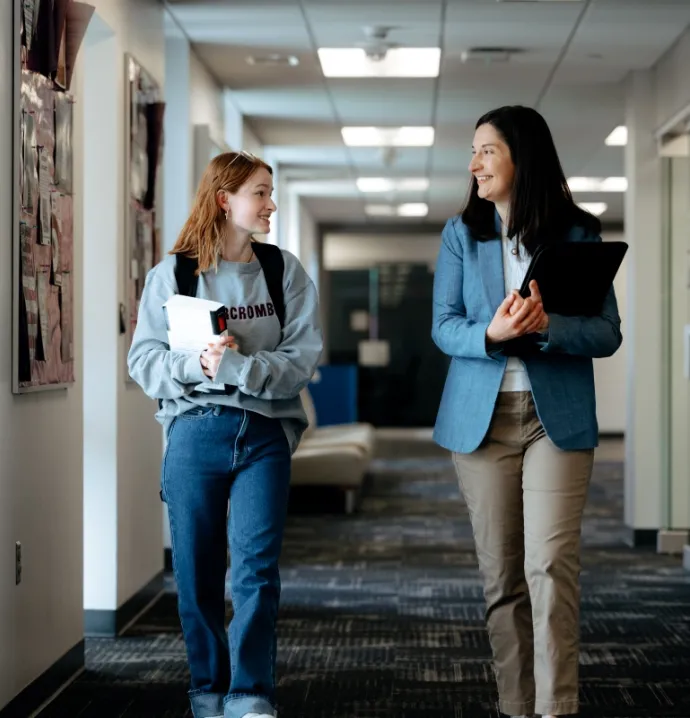UNI sees important segments of enrollment growth
UNI sees important segments of enrollment growth
UNI NEWS SERVICES - The University of Northern Iowa’s fall 2020 census numbers reflect a growing freshman class, a strong increase in out-of-state students, a near record-high retention rate, and the most diverse freshman class of all time.
UNI saw the size of its new freshman class increase slightly (1,482 freshman this year compared to 1,465 last fall), with overall enrollment coming in at 9,522 students this year. This count reflects not only the impact of COVID-19 and immigration challenges, but also UNI’s success in increasing its three-year and five-year graduation rates.
UNI students are taking less time to graduate, which reduces overall enrollment but is a benefit for students who will graduate sooner and with less debt, beginning their careers or entering graduate or professional school more quickly. Student debt at UNI is $5,000 below the national average and $6,000 below the state's average upon graduation.
The university’s retention rate for first-year students returning for a second year is 85.5%, an increase of more than two percentage points over last year and more than 15% above the national average for four-year universities.
A good portion of this fall’s enrollment decrease of 975 students was in part-time student enrollment, including one-to-three-credit continuing education workshops for teachers and other professionals that were not offered this fall. Those reductions alone account for approximately one-third of the decline in fall 2020 enrollment. The university also saw a slight decline in resident transfer students, reflecting a decision by some students to delay transferring in the current environment.
In reviewing the growing freshmen class, the university’s out-of-state recruitment efforts yielded much higher non-resident freshmen counts - an increase of 38.1% this fall. And in a reflection of UNI’s strategic efforts to recruit more students of color, the university also welcomed its most diverse new student class ever. More than 12.1% of new freshmen and 18.1% of new transfer students enrolled this semester self-reported as members of racial and ethnic minority groups, a jump from 9.6% and 15.5% respectively last fall.
“We are proud to see our freshman, out-of-state, and retention numbers growing, but it is an especially welcome sign to see our most diverse freshman class in history,” said UNI President Mark Nook. “While the university continues to find ways to make UNI a more inclusive place for all students and employees, this is an important milestone I hope we repeat each year.
“The impact of COVID-19 has been profound. Like all universities, we know we have our work cut out for us. The world looks much different than when students may have first applied. But we’re confident that the world-class, affordable education UNI offers will continue to attract students and that, working together, we will deliver that education in this unprecedented time. We’re excited to see our students succeed and greatly appreciate the trust they’ve placed in UNI.”
To help keep the Panther community healthy, UNI began classes a week earlier this year and will end the semester in late November. UNI’s census date was Aug. 28, meaning students who are still enrolling this week did not make the cutoff to be included in the fall 2020 figures.
There are also signs that some incoming Panthers opted to delay starting school amid uncertainty brought about by the pandemic. At this point in time, the number of new freshmen who plan to begin classes in the spring semester is more than double last year’s number.
“Our students this fall will be celebrated for their resiliency,” said Dr. Kristin Woods, interim associate vice president for Enrollment Management. “UNI students have navigated many challenges over the past several months with personalized outreach and guidance from faculty and staff.”
Moving forward, UNI remains focused on student access, success, and quality instruction. UNI@DMACC, a four-year degree program serving Des Moines-area students, record fundraising numbers, a $40 million Industrial Technology Center expansion, and numerous other initiatives including keeping tuition flat are all part of the university’s efforts to steadily grow enrollment to meet Iowa’s workforce needs while remaining committed to access and success.




